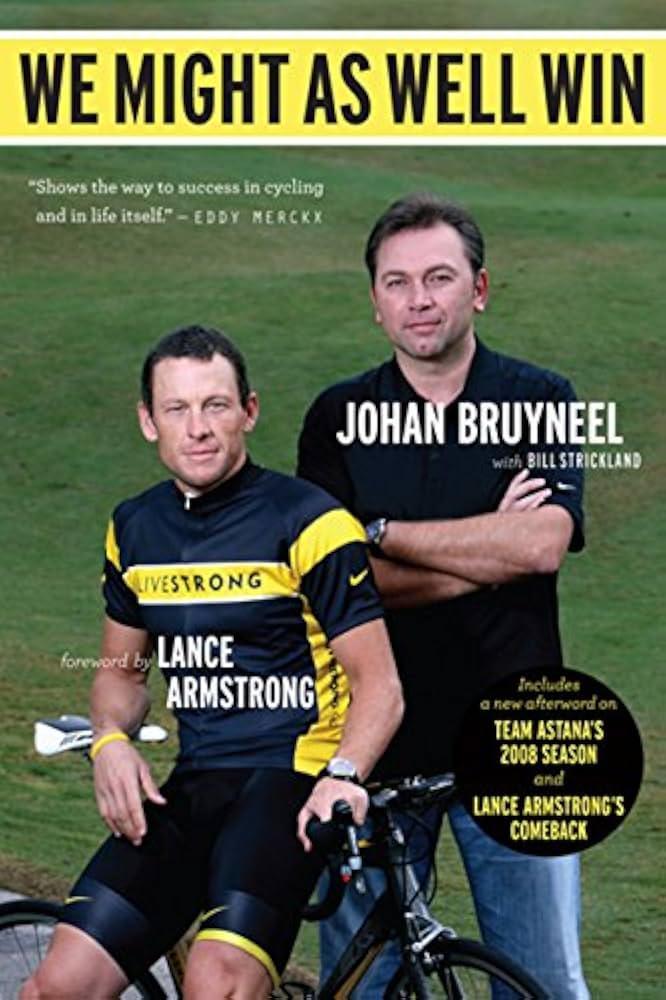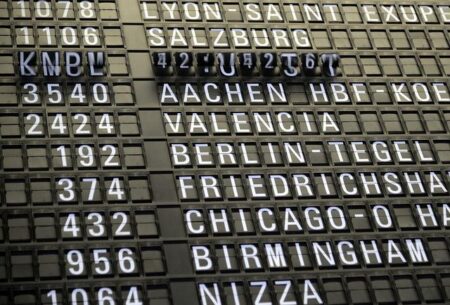In a heated response to the International Cycling Union’s (UCI) recent statement condemning his appearance at the Tour de France, Johan Bruyneel, the former manager of disgraced cyclist Lance Armstrong, has sharply criticized the governing body of the sport. Bruyneel, who orchestrated much of Armstrong’s controversial career, accused the UCI of hypocrisy and inconsistency in its stance on doping and race integrity. The controversy erupted following Bruyneel’s presence at the prestigious cycling event, which reignited discussions surrounding Armstrong’s legacy and the broader implications of the sport’s doping scandals. His comments come at a time when the UCI is under scrutiny for its handling of past violations and its current policies, leading to heightened tensions between former cycling figures and the institution tasked with maintaining the sport’s integrity. As Bruyneel defends his actions, cycling fans and analysts alike are left to grapple with the complex interplay of accountability, reputation, and the ongoing evolution of professional cycling.
Lance Armstrong’s Controversial Legacy Reignites Tensions Over UCI Statement
Lance Armstrong’s tumultuous return to the spotlight has once again polarized the cycling community, particularly after recent comments from Johan Bruyneel, Armstrong’s former manager. Bruyneel vehemently criticized the UCI’s official statement that condemned Armstrong’s visit to the Tour de France, arguing that the governing body is attempting to rewrite history rather than acknowledge the complexities of the sport’s doping controversies. Bruyneel emphasized that this condemnation is not only unfair but also hypocritical, citing a history of other figures in the sport who have similarly faced scrutiny without the same level of repercussions. He described the UCI’s stance as a desperate attempt to absolve themselves of any responsibility for the rampant doping culture that plagued cycling during Armstrong’s era.
Further complicating the discourse, Bruyneel called for an open dialogue about those involved in the sport during Armstrong’s competitive years. He stated that this dialogue should encompass various stakeholders, including athletes, team managers, and administrators, who all played a role in fostering the environment of mistrust that eventually led to widespread doping practices. In light of this, a table was constructed to illustrate key figures’ involvement and their respective impacts, shedding light on the interconnectedness of the issue:
| Individual | Role | Impact |
|---|---|---|
| Lance Armstrong | Rider | Facilitated doping ethos |
| Johan Bruyneel | Manager | Enabled performance-enhancing practices |
| Pat McQuaid | Former UCI President | Oversaw doping scandals |
Bruyneel’s Critique: The Implications of UCI’s Position on Cycling’s Governance
Johan Bruyneel’s sharp rebuke of the UCI’s recent statement condemning his presence at the Tour de France highlights an ongoing rift in cycling’s governance. He argues that their stance raises significant concerns over freedom of participation and the inclusivity of the sport. Bruyneel points out that openness and transparency should be fundamental principles governing the sport, rather than exclusions based on past controversies. By suggesting that his attendance somehow undermines the integrity of cycling, he believes the UCI is sending a concerning message about who can engage with the sport, encouraging a culture of cancellation rather than reconciliation.
Furthermore, Bruyneel emphasizes the implications of such statements on broader governance issues within cycling. He outlines several key points regarding the UCI’s approach:
- Lack of accountability: Bruyneel asserts that the UCI must address its own governance issues before targeting individuals.
- Impact on legacy: Excluding figures based on past mistakes threatens to erase valuable contributions to the sport.
- Need for dialogue: Bruyneel calls for open discussions about the sport’s future, advocating for collaboration rather than division.
In light of the UCI’s actions, Bruyneel argues that fostering an environment conducive to growth and innovation is imperative for cycling. As the sport navigates its path forward, it is crucial that all stakeholders-including past managers, riders, and officials-are part of the conversation.
Navigating the Fallout: Recommendations for UCI to Address Historical Missteps
The recent uproar surrounding Johan Bruyneel’s visit to the Tour de France has reignited conversations about the UCI’s historical handling of doping scandals. As Bruyneel, a pivotal figure in the doping saga, criticized the governing body’s statement condemning his attendance, it becomes increasingly critical for UCI to reflect on its past actions and to implement strategies that foster a culture of transparency and accountability. To navigate these tumultuous waters, UCI must consider the following recommendations:
- Establish a Doping Transparency Task Force: Form a dedicated group that focuses on reviewing past decisions and their impact on the sport’s integrity.
- Engage with Stakeholders: Invite athletes, former officials, and anti-doping advocates to discuss and formulate policies that encourage clean competition.
- Enhance Educational Programs: Invest in educational initiatives aimed at athletes, teams, and management to promote the dangers of doping and the importance of sportsmanship.
- Review Penalties for Doping: Assess the effectiveness of current penalties and explore reform options that protect the sport while ensuring fairness and rehabilitation for offenders.
As the landscape of professional cycling evolves, UCI’s commitment to rectifying its historical missteps through proactive measures will be essential for restoring both public trust and the integrity of the sport. By putting these recommendations into action, the governing body could pave the way for a brighter future, one where the focus is firmly on performance and ethics, rather than scandals and controversies.
The Way Forward
In conclusion, the escalating tensions between Johan Bruyneel and the UCI highlight the ongoing complexities surrounding the legacy of Lance Armstrong and the cycling world’s struggle with its past. Bruyneel’s vehement rejection of the UCI’s condemnation regarding his attendance at the Tour de France underscores a broader narrative of accountability and reconciliation within the sport. As both parties continue to exchange barbs, the aftermath of Armstrong’s doping scandal remains a contentious subject, raising questions about the future of cycling governance and its efforts to move forward. With the repercussions of past decisions still reverberating, the cycling community watches closely as the fallout from this latest chapter unfolds.











